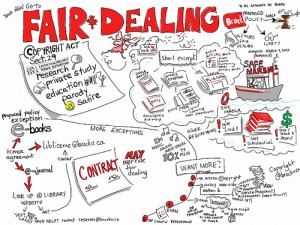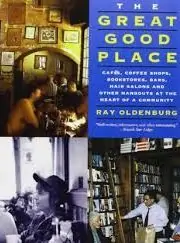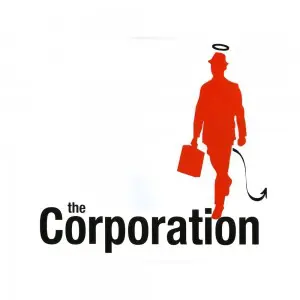Catalysing Equitable Pay in the Private Sector: Equitable Pay as Procurement Criteria by Benjamine Irvine
In response to our Freedom of Information request Salford stated that although it did not currently specify in any tenders that the living wage of £7.45 an hour is required, ‘The City Mayor is currently developing an Employment Charter which will set minimum standards for people in work. This will include the Living Wage. The city council hopes the Charter will be agreed with a wide range of employers.’ The Council claimed to be in talks with a number of partners about their introduction of the Living Wage and was, ‘also carefully considering what extra procurement freedoms the new Social Value Act will give us as both an employer and commissioner of services in improving the terms and conditions of working people in Salford.’
In the launch of the City’s employment charter the City Mayor has expressed the intention to create ‘A Living Wage City’ where the full Living Wage is a minimum and is in talks with major contract partners to implement it, with the promise of more announcements to come. He states that the council’s responsibilities as a Living Wage Employer includes rejecting, ‘the commissioning of services which embed poor pay and poor conditions’, and expresses the intention, ‘to use the Employment Charter to lift local pay levels in our commissioned services and amongst our contractors in Salford.’ Read more…






